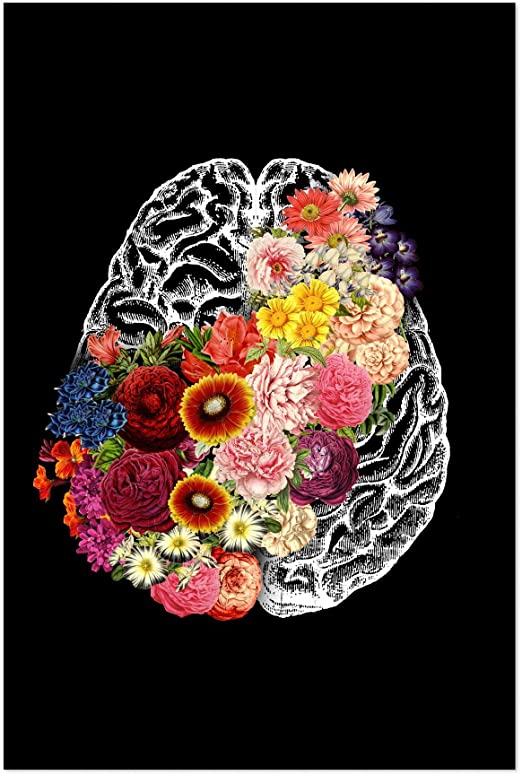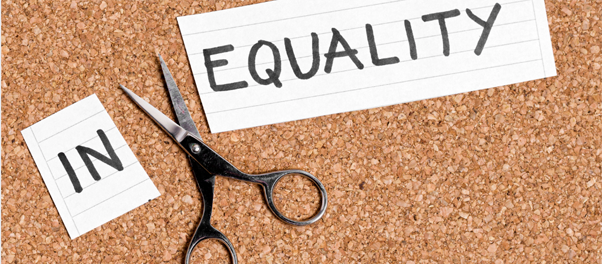Embracing the Difficulties of Mindfulness Practice
Good Morning. This past week our mindfulness practices have involved sitting in vulnerability, developing courage, and cultivating an easy manner with ourselves through exposure to uncomfortable feelings.
I have stressed the difference between types of mediation practices. I use the word practice to refer to times we engage in mindfulness exercises for a set time with a set purpose. That’s what these emails are meant to help you do. Sometimes, we can do these in order to set us up for the day or to relieve stress or to prepare us for good sleep in the evening. However, I think the most important gift that comes with regular mindfulness practice is the ability to live mindfully when we are in the middle of our chaotic lives. The goal is to live mindfully in action throughout your day. Understand that there is a direct correlation between how frequently we practice mindfulness intentionally and our ability to live our lives in a mindful state.
That’s where consistency and tenacity come into play. Doing practices sporadically will relax you and provide many, small aha moments, but practicing consistently will change the way you experience the world and will change your reactions to your experiences. Great athletes don’t have great workouts each day, but they work out most days. Even rest days are designed in relation to workouts. They are intentional.
You are busy you say! True. So, if you see a mindfulness email from me and you cannot even open it, stop and take one deep breath in and out to connect that moment to your other practices. Try to make a commitment to do something each day to develop your capacity to be present-nonjudgmentally-all the time. Your struggles to do this, for better or worse, are part of the process. I read a quote on the Daily Dharma by Jan Chozen Bays that reflects this idea…
Meditation has its own pace. The practice brings you just the
challenges you need and are able to handle at the right time.
Maybe your challenge is just to read this. Maybe it is to finish once you start. Maybe it’s to ignore your judgment if you find the music too loud or to stick with it if you dislike the practice on a given day. Today’s practice is a gratitude practice—to have gratitude even in challenging times. It’s often the greatest challenges that provide us the greatest opportunities for growth and insight. So click and begin…
Did you notice liking this practice? Great. Did you notice that you did not like this practice? Great! Either way, you practiced and whatever experience or lesson it brought you was just right for your process. FYI, I personally dislike the guided practice in the link I included today. It was great practice for me to be patient and nonjudgmental.
Enjoy the weekend!
Michele

Draw Concept Maps
Outlines are great, especially for formatting notes for mental health online training programs; however, a handwritten outline may be hard to focus on without the help of detailed visuals. Flowcharts are great for documenting cyclical processes and historical events—they create logical funnels of information that help you connect core chapters from your textbook and link them to the broader theories and research you learn about in class.
Use Flash Cards
It never hurts to refer back to what’s reliable—flash cards! This versatile study tool can help you engage in active recall so that you’ll remember a term, phrase, or concept that you’ll need to know for your next test. You can even utilize prior tips when creating your flashcard deck by adding pops of color or doodles that will make the most important things stand out in your memory.
Ready for the next step in your mental health professional career? CONCEPT Continuing and Professional Studies at Palo Alto University offers various virtual and flexible custom training courses for professionals looking to help enhance their mental health careers. Contact us today to learn how we can help you develop a custom training plan towards certification.























